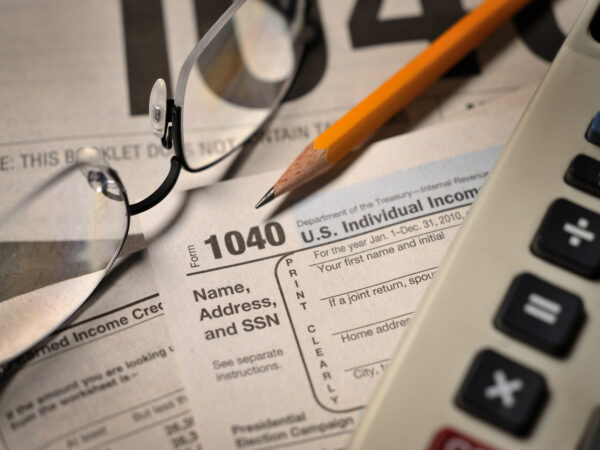If your goal is to buy a home this year, making sure that you have an excellent credit score can help. A great score can also help you save money on loans, too. But what if your credit score isn’t that great—or even all that good?
Here are three things you can start doing today to get your credit score in better shape.
#1 – Fix Errors in Your Report
It’s been reported that as many as 25 percent of all consumers have errors or incorrect information on their credit reports at one of the three credit bureaus: Experian, TransUnion and Equifax. If that’s true for you, you should know those errors may hurt your score. Fortunately, there are ways to find and fix them.
First, get a copy of your credit report from each bureau. You’re entitled to a free copy from each of the three major bureaus every 12 months. Once you have them, read them over carefully. You can visit www.annualcreditreport.com to start this process.
Once you identify an error, contact the credit bureau and the specific creditor to ask them to remove or correct the error. You may be able to do this online, but if needed, you can always write a letter to each bureau disputing the information you noticed was incorrect. Once you dispute information on your credit report, the credit bureau has 30 days to investigate and respond to your request.
#2 – Pay Your Bills on Time
Paying bills on time is the single biggest factor that determines your credit score. In fact, timely payments account for 35 percent of your total score as calculated by Fair Isaac, the company that developed the FICO score, which is a measurement of credit risk.
It’s important to pay not only your credit card payments on time, but auto loans, student loans, rent and utilities, too. Lenders like to know how reliable you are at paying your bills, because this tells them how likely you will be to repay them on time in the future.
One way to make sure you pay your bills on time is to automate your payments. If you use online banking, you can schedule payments ahead of time, so there’s no chance you’ll be late.
If your credit report already includes late payments, don’t fret. Just start paying your bills on time. Although late or missed payments do hurt your score, their impact decreases over time.
#3 – Pay Down Your Debt
The second biggest factor behind your FICO score is the balance of your debt compared to your overall available credit. This is known as your credit utilization ratio. Generally speaking, the lower your credit utilization ratio, the better your credit score will be—and vice versa.
If you have several maxed out credit cards, the best thing to do is start paying them down immediately. There are several strategies for doing this, but one of the most popular is the “snowball” method. For this method to work, focus on paying down one credit card – typically the one with the highest interest rate – while making minimum payments on your other cards. When the first card is paid down, take the money you spent on paying it down and put it towards the card with the next highest rate, and so on.
It might seem like a good idea to increase your available credit by getting more credit cards. But this strategy could flop if you aren’t extremely disciplined. On the other hand, you can ask your creditors to raise your credit limits, which can improve your score a bit more quickly.
Keep in mind that your credit score can’t be “fixed” overnight. Repairing poor credit practices takes patience and discipline. But if you stick with it, it can certainly be done.
If you have questions about your credit score and your ability to buy a home, we can help. Just drop us an note at inquiries@rightbyyoumortgage.com or give us a call at 1-877-552-2242 to chat with someone today.









